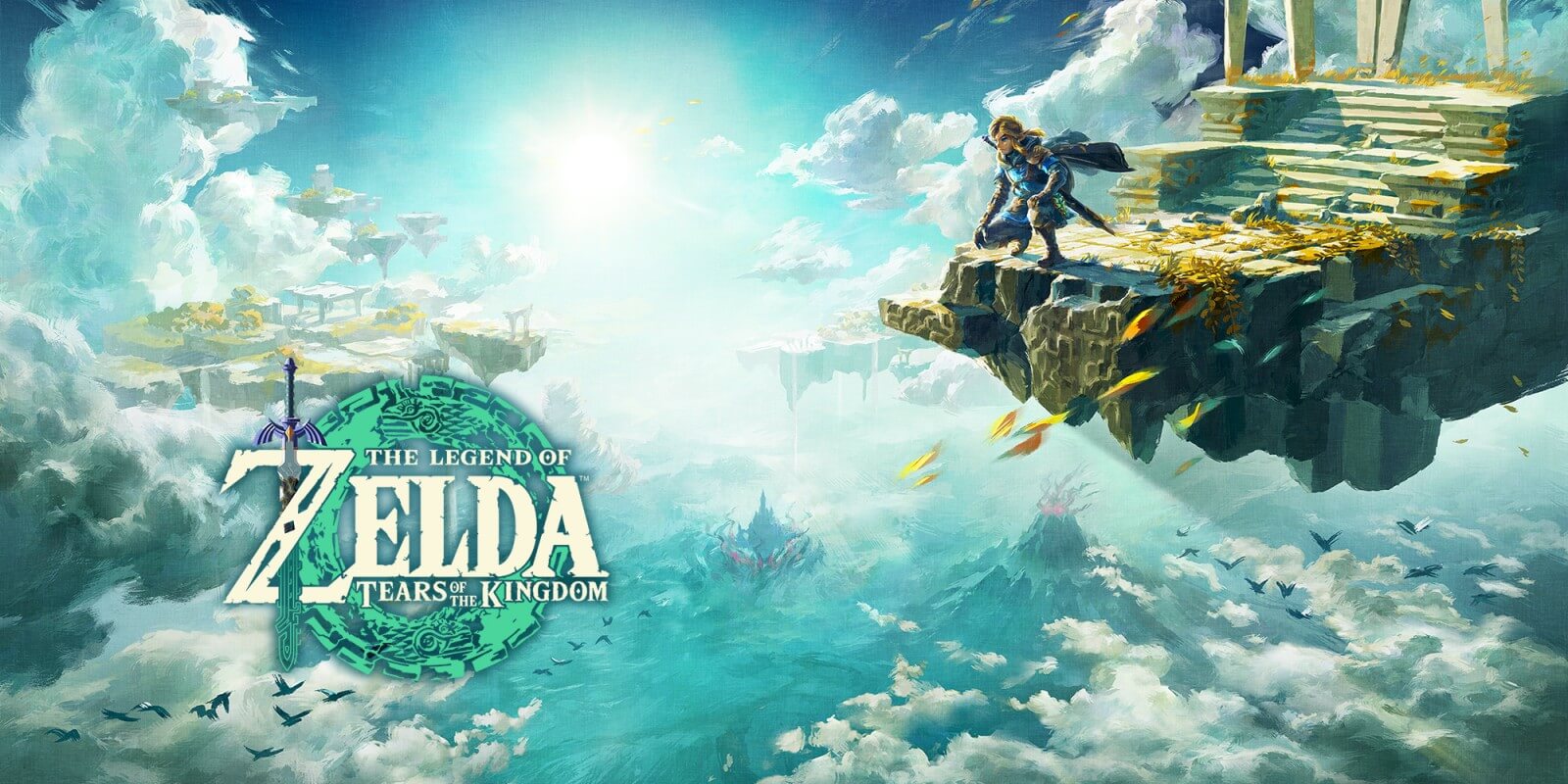The Legend of Zelda Game
The Legend of Zelda game is a beloved video game series known for its immersive gameplay, captivating storytelling, and iconic characters. With a three-decade existence, it has also amassed a devoted fan base and made an everlasting influence on the gaming industry.
Table of contents
- Origins and Evolution of The Legend of Zelda
- Gameplay Mechanics and Unique Features
- Game Requirements: The Legend of Zelda: Breath of the Wild
- Storytelling and Themes
- Cultural Impact and Legacy of The Legend of Zelda Game
- Mainline The Legend of Zelda Games
- Final Thought
- Youtube Video About The Legend of Zelda Game
- FAQ
Origins and Evolution of The Legend of Zelda
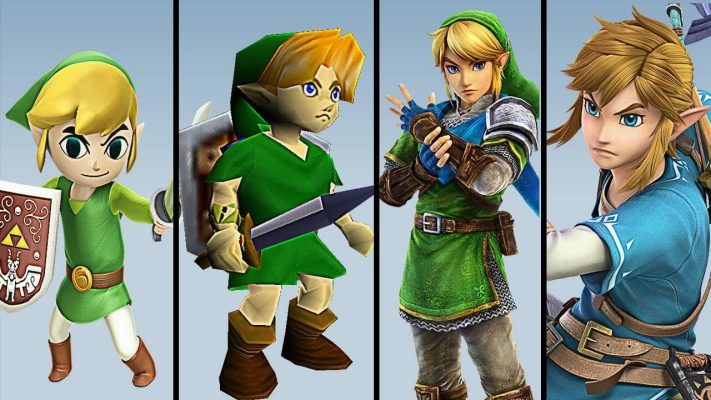
The first game in the series, The Legend of Zelda (1986), introduced players to a fantasy world full of adventure and mystery. Shigeru Miyamoto’s imaginative series soon earned acclaim for its original gameplay and exploration-based design.
Following versions, such as A Link to the Past, Ocarina of Time, and Breath of the Wild, moved gaming forward with innovations in graphics, sound, and gameplay dynamics.
Gameplay Mechanics and Unique Features
The Legend of Zelda game is renowned for its engaging gameplay mechanics and unique features that have captivated players for decades.
Exploration and Open-World Design
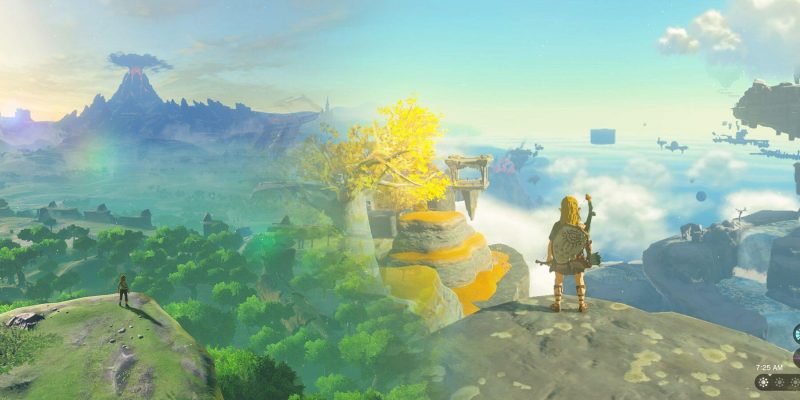
The theme of exploration is central to The Legend of Zelda. Players are also welcomed into vast, linked worlds teeming with secrets and hidden treasures.
The game has consistently given players the freedom to design their own course and discover the beauties of each unique area, from the lush plains of Hyrule to the mystery islands of the Great Sea.
Puzzle-Solving and Dungeons
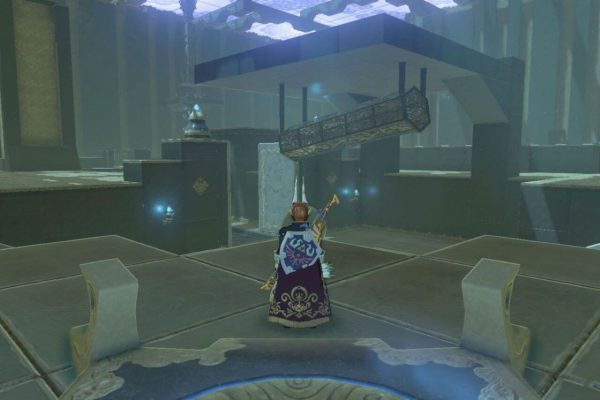
The Legend of Zelda games are renowned for their ingenious puzzles and challenging dungeons. To overcome barriers and also reveal the mysteries concealed within these labyrinthine structures, players must use their wits, tools, and collected goods.
The puzzles and dungeons deliver a wonderful sense of success, whether it’s finding the proper combination to open a door or employing a rare item to beat a boss.
Combat and Swordplay
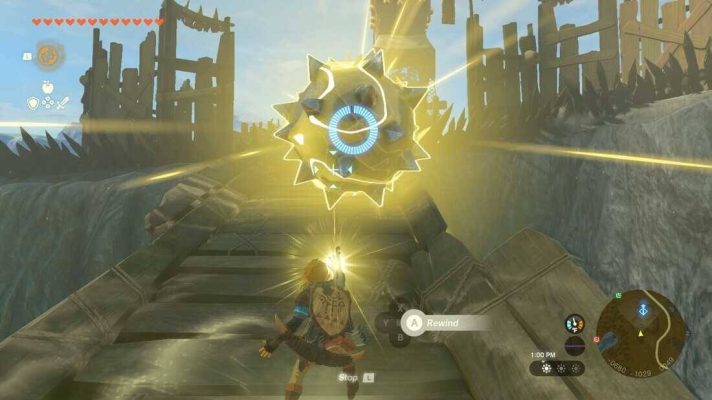
Combat is an important component of The Legend of Zelda. As Link, the hero, players must learn swordplay and other weaponry in order to defeat opponents and defend against deadly bosses.
The series includes a diverse arsenal of weaponry, ranging from the classic Master Sword to unorthodox items such as the boomerang or bow and arrow, giving players a variety of ways to approach battles.
Game Requirements: The Legend of Zelda: Breath of the Wild
To embark on the epic adventure of The Legend of Zelda: Breath of the Wild, ensure that your gaming system meets the following minimum and recommended requirements:
| Minimum Requirements | Recommended Requirements |
| Storage: Approximately 13.4 GB available | Storage: Approximately 13.4 GB available |
| Display: TV mode – 720p; Handheld mode – 720p | Display: TV mode – 1080p; Handheld mode – 720p |
| Internet: Broadband internet connection for online features | Internet: Broadband internet connection for also online features |
| Controllers: Joy-Con controllers or Nintendo Switch Pro Controller | Controllers: Joy-Con controllers or Nintendo Switch Pro Controller |
Please keep in mind that these requirements apply only to The Legend of Zelda: Breath of the Wild on the Nintendo Switch platform.
It is necessary to have enough storage space for the game, as well as a compatible display capable of rendering the game’s images in either TV or portable mode. A reliable internet connection is also essential for using online features like downloadable content or online multiplayer.
You may also like: The 10 Best Computer Games of All Time
Storytelling and Themes
The Legend of Zelda series is well-known not only for its outstanding gameplay, but also for its rich tale and captivating ideas.
Recurring Themes in The Legend of Zelda Game
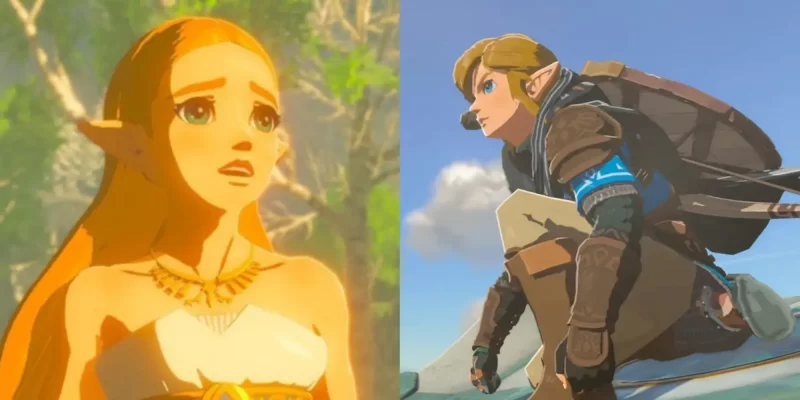
The Legend of Zelda explores enduring themes that resonate with players. Recurrent themes include the eternal conflict between good and evil, the triumph of light over darkness, and the value of courage and friendship.
Furthermore, the concept of destiny and the hero’s journey are fundamental to the story, as players watch Link’s growth and transformation as a hero destined to save Hyrule.
Notable Storylines and Characters
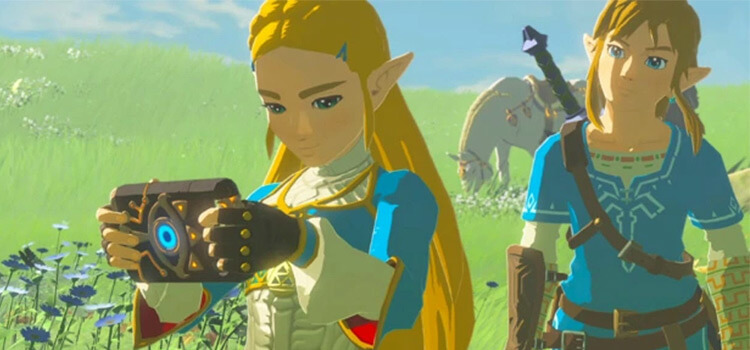
The Legend of Zelda has provided players with great narratives and iconic characters throughout the franchise. A recurring character, Princess Zelda, is a vital source of motivation and direction for Link.
Meanwhile, the malicious Ganon is the personification of evil, continually testing the hero’s willpower. These rich plots and well-developed characters contribute to the games’ emotional depth and also immersion.
Emotional Depth and World-Building
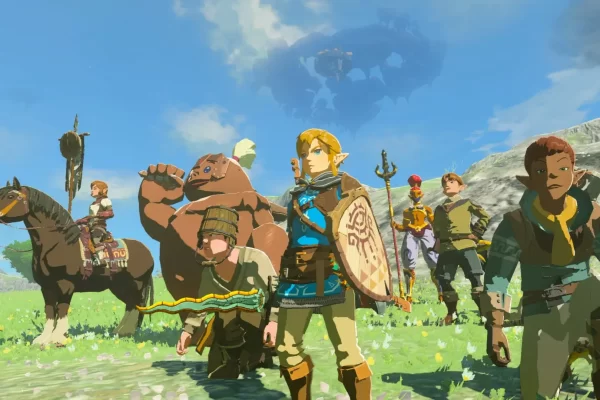
The Legend of Zelda creates immersive worlds and captivating narratives that evoke strong emotional connections.
Each place is beautifully created, allowing players a sense of adventure and discovery, from calm villages and bustling towns to eerie ruins and also mystical forests.
The bonds formed with the characters and the investment in Hyrule’s fate create an experience that lingers long after the game has ended.
Cultural Impact and Legacy of The Legend of Zelda Game
Few video game series have had the cultural effect and long-term legacy that The Legend of Zelda has.
Influence on the Gaming Industry
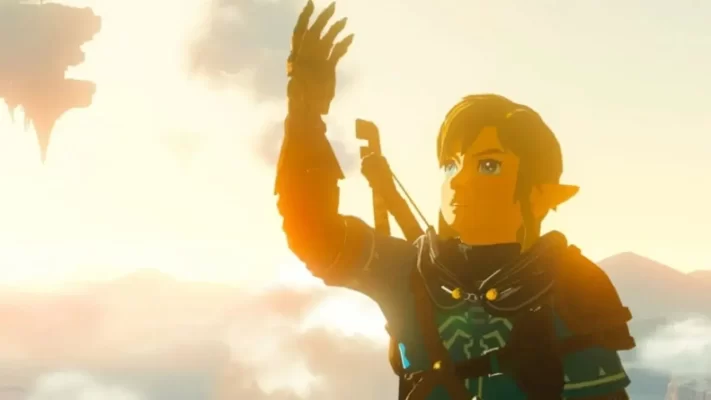
The Legend of Zelda has had a profound impact on the gaming industry as a whole. Its open-world exploration, puzzle-solving features, and focus on narrative have influenced a plethora of following games.
Elements of The Legend of Zelda’s design philosophy can be found throughout the media, impacting the way players connect with and experience video games, from the legendary Dark Souls series to the critically acclaimed The Witcher 3: Wild Hunt.
Dedicated Fan Community and Fan Works
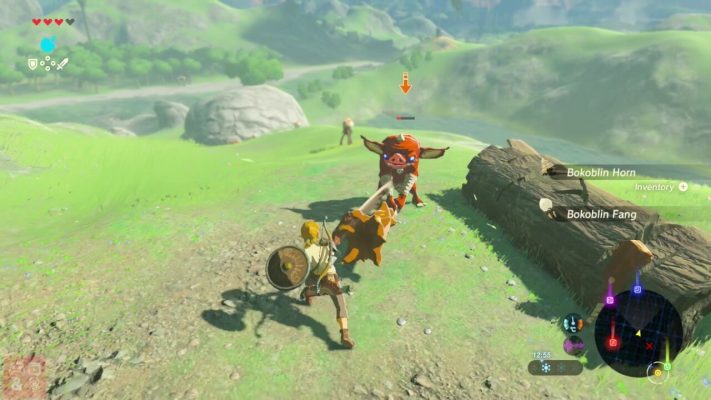
The Legend of Zelda has a devoted fanbase that has contributed significantly to the franchise’s legacy. Extensive theories, exquisite fan art, and outstanding cosplays have been developed by fans to demonstrate their devotion to the series.
The inventiveness and excitement of the community have enhanced the whole experience of being a fan of The Legend of Zelda.
The Legend of Zelda Beyond Video Games
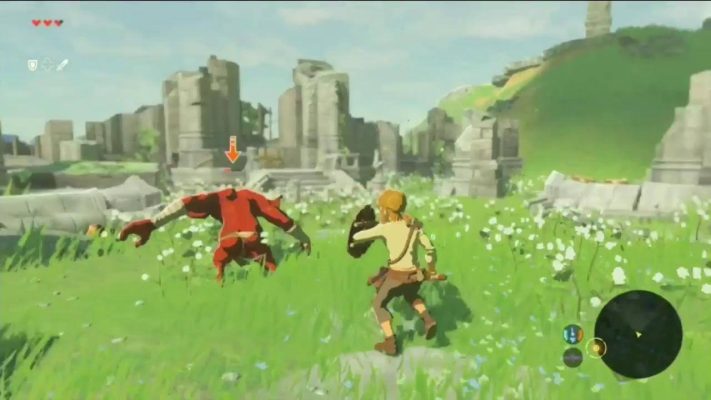
The impact of The Legend of Zelda extends beyond video games. The property has been adapted into a variety of media, including cartoons and comics.
A highly anticipated Netflix version is also in the works, reinforcing the series’ cultural relevance and broadening its reach to new audiences.
Mainline The Legend of Zelda Games
| Game Title | Release Year | Console/Platform |
| The Legend of Zelda | 1986 | NES |
| A Link to the Past | 1991 | SNES |
| Ocarina of Time | 1998 | Nintendo 64 |
| The Wind Waker | 2002 | GameCube |
| Twilight Princess | 2006 | Wii, GameCube |
| Skyward Sword | 2011 | Wii |
| Breath of the Wild | 2017 | Nintendo Switch |
Are Legend of Zelda Games Connected?
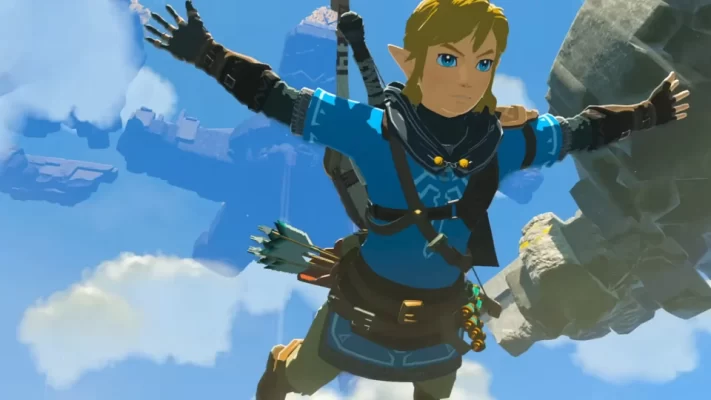
The Legend of Zelda franchise, developed by Nintendo is renowned for its captivating and intricate mythology. Although each game presents characters and settings they all exist within an universe.
This universe features recurring elements, like the Triforce, the kingdom of Hyrule and beloved characters such, as Link, Zelda and Ganon. The series follows a timeline where various games diverge into paths. This intricate framework enables each game to tell its story while weaving into the tapestry of the Zelda mythos.
Are Legend of Zelda Games Hard?
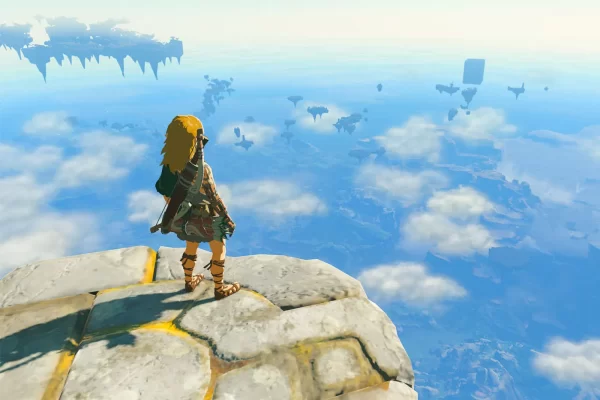
The difficulty of Legend of Zelda games can vary to suit types of players whether they are new, to the series or experienced gamers. In the titles like the Legend of Zelda and A Link to the Past there were more challenging aspects and less hand holding.
However in releases like Breath of the Wild the gameplay has become more accessible with adjustable difficulty settings. The main challenges in these games revolve around puzzles, combat and exploration.
Players have the option to explore content or use, in game assistance features to customize their experience, which makes the series welcoming yet still fulfilling for players.
Can You Play Legend of Zelda on PC?
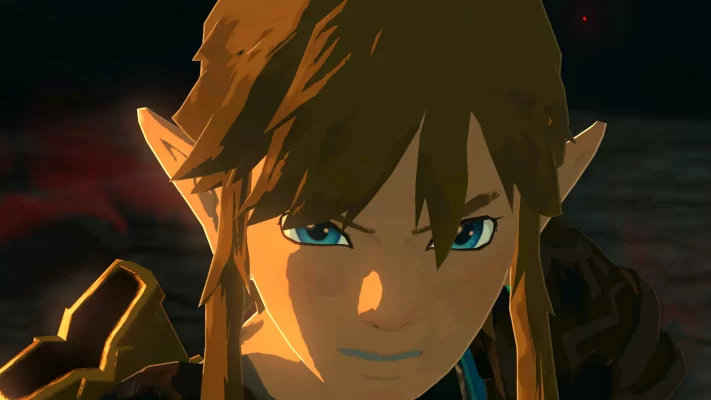
As, per information Legend of Zelda games are specifically designed for Nintendo consoles like the Switch, Wii and GameCube. Nonetheless there are methods to play these games on a PC.
Emulators can be utilized to run Zelda games. Their legality is uncertain and differs based on the region. It’s important to note that Nintendo does not endorse or provide support for emulation.
For an experience it is recommended to play these games on Nintendos hardware. PC gamers can remain hopeful, for official releases or collaborations that may bring Zelda titles to the PC platform.
Final Thought
The Legend of Zelda stands as an iconic video game series that has left an indelible mark on the gaming industry. It has also won the hearts of millions of players worldwide with its exploration, puzzles, storyline, and cultural impact.
As we continue to embark on new adventures with Link, Princess Zelda, and the country of Hyrule, The Legend of Zelda remains a video game legend.
Youtube Video About The Legend of Zelda Game
FAQ
Multiple branches make up the Legend of Zelda chronology. Some games are sequels, others other universes. Nintendo’s official history divides the games into three eras: Goddess Hylia, Decline, and Hero of Time.
The series has a shared story and timeline, although each game may be played separately. Direct sequels and prequels add to the narrative. Many games are standalone.
Fans disagree on the series’ finest game. However, Ocarina of Time is generally praised for its 3D gameplay, compelling storyline, and innovative mechanics. Breath of the Wild’s open world and inventive exploration are also praised.
The Legend of Zelda has several recurring characters. Ganon, the main adversary, Impa, a faithful ally, and Tingle, an eccentric character, are examples. To preserve continuity, also each game adds new and familiar characters.
The Legend of Zelda’s engaging gameplay, compelling characters, and rich plot keep players hooked. The series embraces new technologies while staying true to its themes and gameplay.




